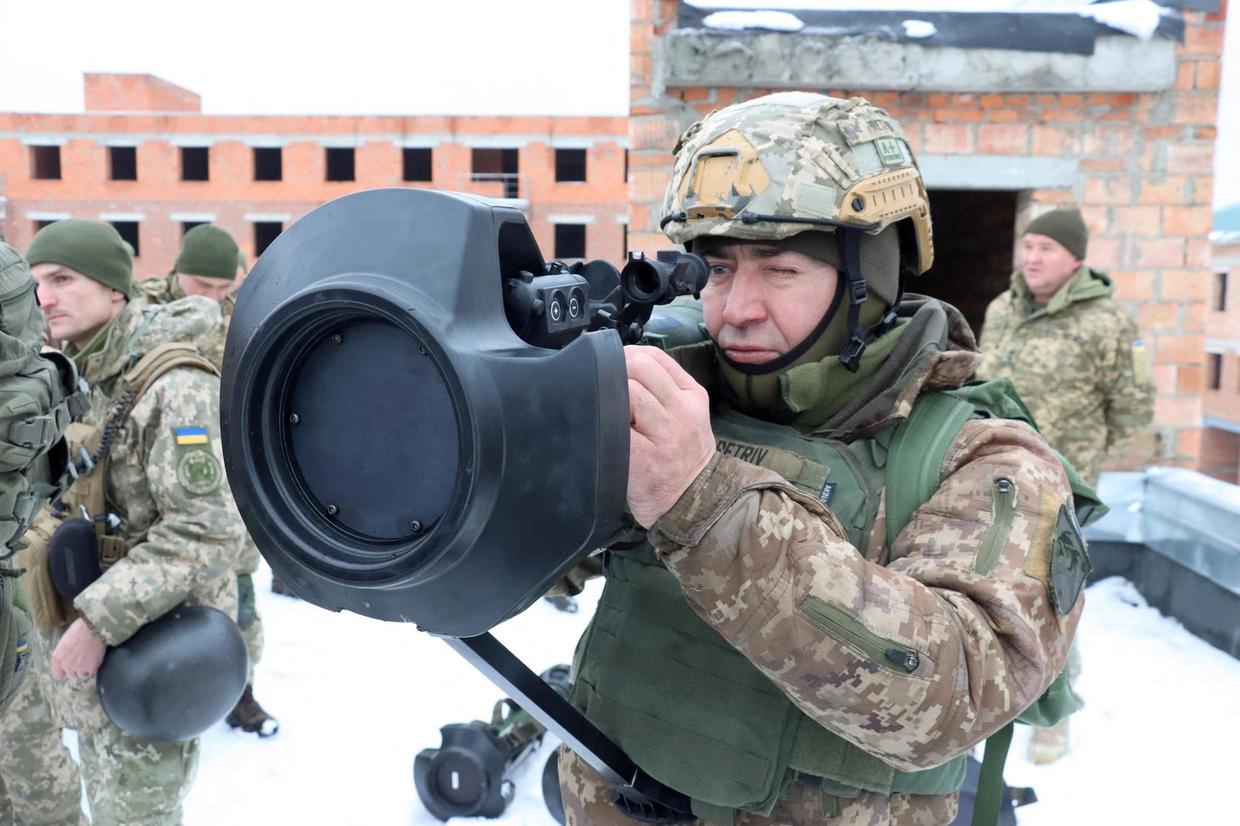Not since the Cold War ended have relations between Europe and Russia been more strained and not since those perilous days have the stakes been higher for the people of Europe.
Russia has amassed more than 100,000 troops on the Ukrainian border. The US and the UK are sending military support to Ukraine, concerned that Russia could invade the country at any time.
Clearly, the human consequences of a major outbreak of hostilities would be utterly appalling and this must be avoided at all costs.
Any hostilities between the two countries would also have far-reaching consequences on energy prices across Europe. Gas prices that soared to record-breaking highs last year could surge even further.
Russia supplies about 40pc of Europe’s gas, and energy analysts are getting nervous about what hostilities might mean for Europe’s gas supply.
Natural gas is a key foundation stone of Europe’s energy system. While renewables play an important role, without natural gas Europeans couldn’t heat their homes or keep the lights on.
Europe is already experiencing record-high energy prices and historic low gas storage levels, all of which threaten to upend large parts of the European economy and plunge millions into a cost-of-living crises. The last year has seen repeated price increases for energy customers.
Record prices have driven up consumer energy bills as well as the cost of most manufactured goods and services and sparked civil unrest in some European countries. When energy prices go up, so do most other prices. Little wonder inflation is at its highest level in recent memory.
Events in eastern Europe highlight how exposed Europe is from a security of gas supply perspective. Renewables offer a promise of European energy independence. But that is a distant promise and relies on currently unimagined storage technologies. Without natural gas to replace coal and to supplement renewables that green future won’t be realised.
Natural gas has essentially become a globally traded commodity. If issues were to arise with Russia’s supply, the second largest in the world, that would have a domino effect across the global markets. Competition for gas cargoes would ramp up between Europe, Asia, and the rest of the world, with cargoes going to the highest bidder.
Source: Irish Independent

